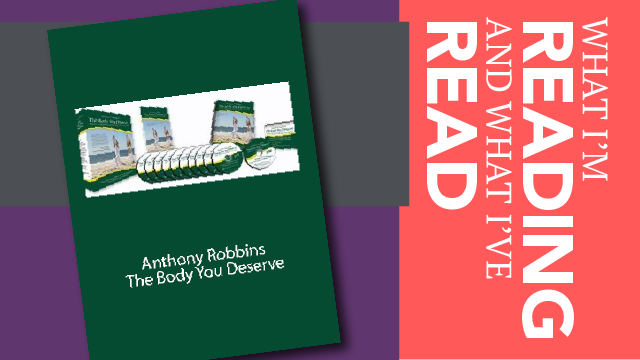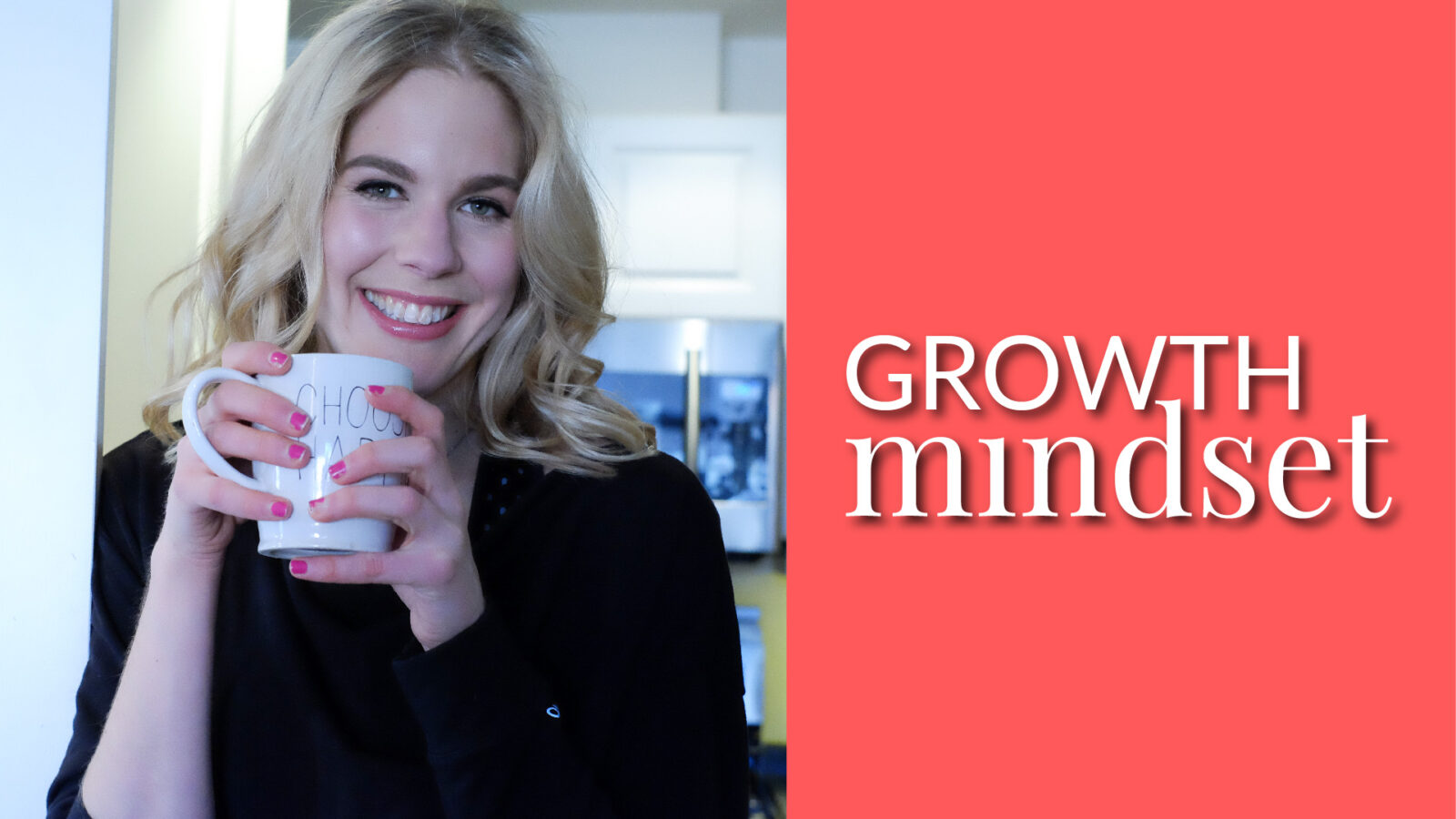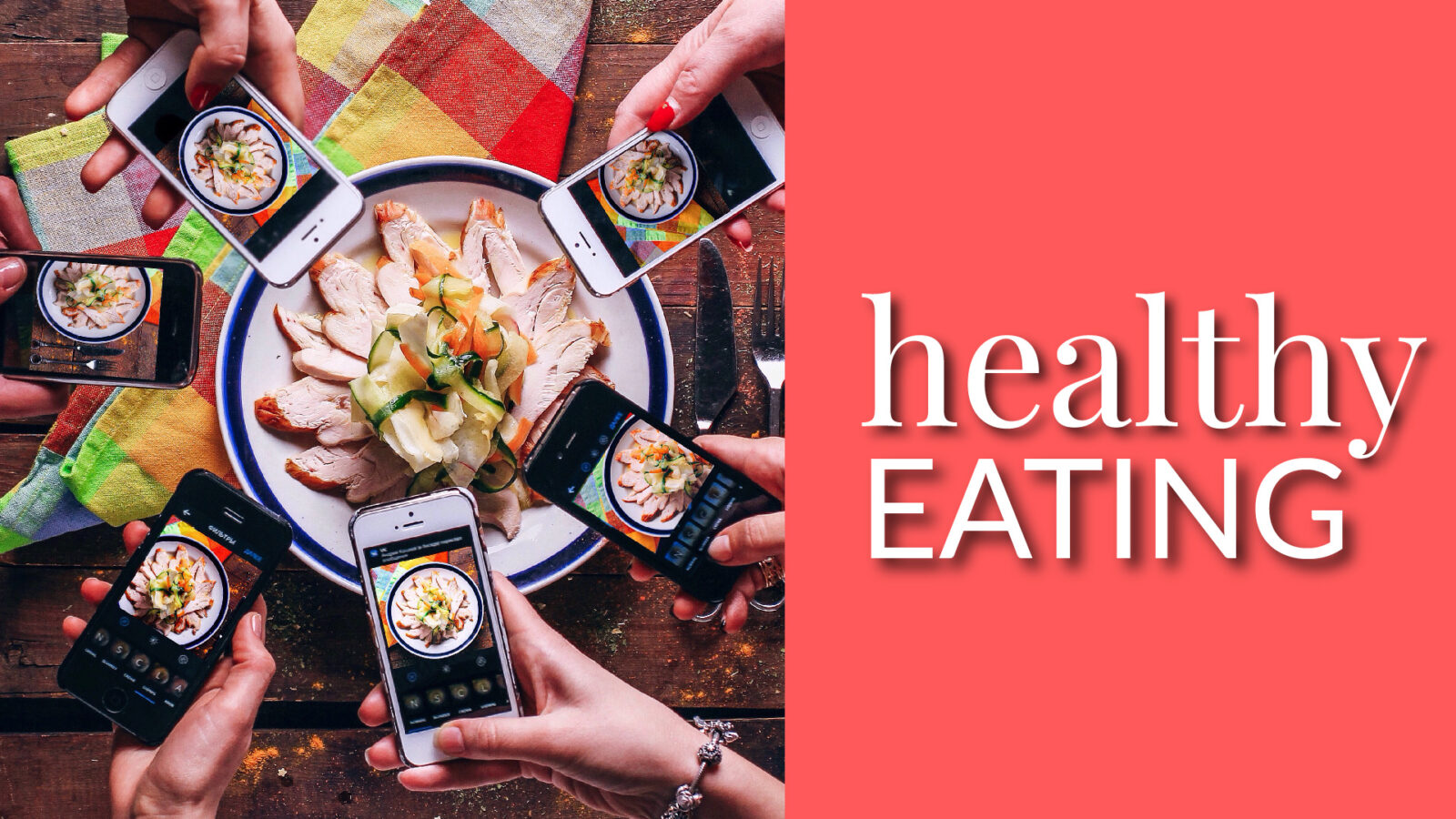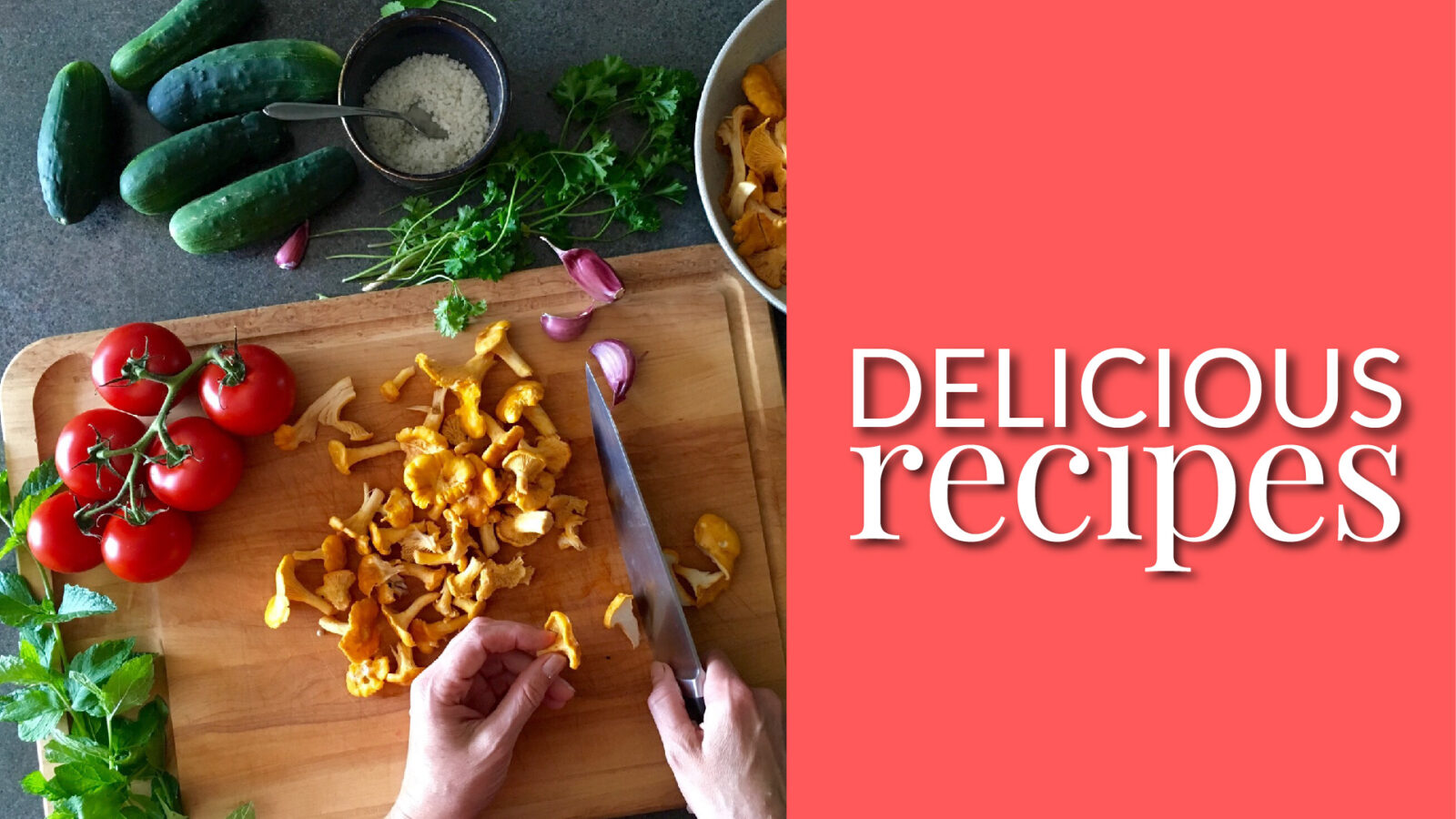Book Review: The Body You Deserve – Part 2

Tony Robbins’ 10-Day Health Coaching Course
It is the mark of an educated mind to be able to entertain a thought without accepting it
—Aristotle
I don’t expect (or even want) you to agree with everything Tony or I say. My hope is that you will be discerningly curious. Many people have strong feelings toward Tony Robbins; you may hate who you think his is or maybe you idolize him. You may even find me frustrating. No problem. I don’t agree with everything Tony says, and I certainly don’t agree with everything I think or say all the time. With reflection, I am often like, “WTF, Kathleen?! What were you thinking?”
All I ask is that you park any pre-conceptions—they will still be available to you when you are done the review. Read with curiosity. See if something resonates. Take what works for you, learn from what doesn’t, and ask why it doesn’t work. Thrive in your own lane.
Also, if you missed the first part of this review, take a read here.
To start, here are two powerful quotes.
Awareness is power! —Tony Robbins
Most of us underestimate our unhealthy choices and overestimate our healthy choices. If you want to create your fittest future self—that is, get the body you deserve—first become aware of how you currently spend your time, of your exercise habits, of your thoughts, and of your food choices. (More on journaling here (https://www.huffingtonpost.ca/kathleen-trotter/writing-fitness-journal_a_23689827/)
Procrastinate intelligently—on the things you know you should never do. —Tony Robbins
I call procrastinating intelligently “taking a pause”—creating a space between stimulus and response. The next time you desire something that you know your future self will not be proud of, tell yourself you can have it, but not now. Delay the indulgence. Future you will often forget about the desire. If I want something at 11 pm, I say to myself “Kathleen, go to bed. If you want it tomorrow when you wake up, go for it.” I never want it at 6 am.
Other ways to “lean in” to the pause are to play a fun game or get into a project and tell yourself you can have the treat after the game or project is done. At a party, tell yourself you can have the food but only after you have three interesting conversations. Use social interaction as a method of procrastinating intelligently.
Tony’s Best Concepts
Learn to fight against “counterfeit cravings”
In Tony-speak, “The healthy and the unhealthy both have cravings. The healthy have simply found ways to not believe that a craving is an order.” The healthy have found ways to distinguish counterfeit cravings from hunger—methods to distance themselves from their cravings.
In Kathleen-speak, thoughts are not facts. Thoughts are not acts. Just because you have a thought or a craving doesn’t mean you have to act on it. You can have a craving and not act—we are not our unhealthy thoughts. The trick is to learn to distinguish cravings from real hunger, then find ways to call bullsh*t on your thoughts before they become acts.
False counterfeit cravings are typically triggered by particular situations, emotions, or physiological states—experiences that make us think we are hungry, when really, we are sad, nostalgic, tired, etc. We all have our unique triggers—for example, our mom’s kitchen, 3 pm snack time, the movie theatre, TV, or parties. We all have situations that make us feel as if we are hungry, when really, we either have an ingrained unconscious pattern to eat in those places (think movies and popcorn) or we feel an emotion that requires a “state change”—a change of state that we feel food will provide. For example, sometimes if we are in a sad state we think food will make our state happy, or we feel emotionally empty and think food will make us feel loved and full.
The solution? Awareness and intention.
Become aware of your triggers. It’s also important to realize that one person’s trigger (eg, a cigarette) can be another person’s gag reflex.
Next, learn to take a pause when you feel like eating. Ask yourself “Am I really hungry or am I angry/lonely/tired?” If you are actually hungry, eat!
When you realize you want food out of habit or out of an emotional need, find a way to interrupt the craving. Have pre-planned strategies you can easily turn to, such as dancing around the living room, phoning a friend, or having a bath.
Also, ask yourself “Can I avoid these situations? Can I break the pattern? Can I connect negative images to the cue?”
Can you train yourself to make saying no to certain foods or situations a “non-negotiable”? Most of us feel cocaine and other hard drugs are a non-negotiable. We don’t think “Should I or shouldn’t I indulge tonight?” Indulging is not a habit. The choice is not even on the table. I don’t drink alcohol, so I never have to make the choice. Are there things you can make non-negotiable nos?
Are there certain locations that trigger you? It could be a particular room, a certain chair or sofa, or maybe your desk at work. Do you always snack when you are in one of these places? If so, have a plan when going to them. Knit while watching TV. Create a rule of no eating when at your desk.
What about people? Do you have any eating buddies? Do you have that relative who is always pushing food on you?
The goal is to stop being on auto-pilot about your health, stop reacting to the “bell” of your trigger like Pavlov’s dog. Take back the power! Interrupt any limiting patterns (like popcorn at the movies) and work to create new patterns. Maybe you have a few water bottles laying around so your new pattern will be to drink water whenever you see a bottle. Condition the new pattern until it’s consistent.
Self-Talk – Teach Your Brain That Your Counterfeit Urges Don’t Control You
Talk to your urges as if they are con men trying to trick you into a bad deal or the villain in an action movie. Talk to yourself as if you are the hero of your health journey. I think of myself as Buffy. Buffy would never give in—she would fight for what she believes in! Sometimes I say to my bed “You are an evil bed, you are trying to convince me that I will be happier if I snooze but I won’t. If I do, I will just be groggy and frustrated. No, evil, sticky bed. I am stronger than you!”
As Tony would say, “Trample the urge and target your desire. Picture a huge red stop sign in your mind and shout as loud as you can ‘STOP IT’! Then target your desire by seeing, hearing, and feeling your identity.”
In Kathleen speak, act in the way you want your future self to act. The only moment you have direct control over is now. Every choice you make is a vote for your future self—act to create a new identity as a fit and active person!
Urges dissipate with time; whether you eat or don’t eat, the urge will eventually pass. Emotions have a half-life—everything passes, you just have to interrupt your urge long enough for the urge to evaporate.
Create a “Non-food Goodies” Plug-and-Play List
Don’t wait until you have an urge to wonder what you will do instead of giving into your counterfeit craving. Plan a list in advance! Construct a list of “experience goodies” that you can regularly give yourself that will make you feel good—goodies that are not food related! Think of things you love, things that will be fun or make you feel emotionally safe. Think flowers, music, baths, reading, phoning a friend, gardening, time with your puppies, etc.
Switch your mindset—ditch a scarcity mindset for an abundance mindset!
A scarcity mindset is related to fear and a belief in inevitable loss. It is that “now or never because tomorrow is uncertain” mindset. Related to food it typically manifests as “if I don’t have this cookie, I will never have it”. False. The cookie will be there tomorrow.
An abundance mindset is a mindset where the glass is half full. It is the mindset of love, strength, and possibility. Think “life will be there tomorrow, and if sh*t hits the fan I can figure it out, so I don’t need to do everything today.” Relative to food, this mindset manifests as a belief that food will be there tomorrow. What you want will be available, and if it is not readily available you can make it, find it, or find a substitute. Embrace this reality; it can help you resist the immediacy of an urge. Learn to put off having the trigger food until tomorrow … by then the urge may well have passed. Again, intelligently procrastinate.
This might sound like a “duh” piece of advice. You might be thinking “I know I can have the cake tomorrow. I don’t do that method of self-sabotage.” Realize that, like most limiting beliefs, this mindset is not usually based in our rational brains; it is an unconscious, limbic system emotional fear. Most of the people reading this know that they will financially be able to have Smarties etc. tomorrow, but that doesn’t mean your emotional brain doesn’t have a much deeper fear—a fear of loss, a fear of not being enough, a fear of abandonment. Maybe your mom used food as a weapon. Maybe your grandparents survived the war. The deeper fears are the most dangerous because they hide in plain sight. Deeper fears recruit issues such as food, our brains corrupt our minds into self-sabotaging thoughts of “I deserve it now, I want it now, it’s now or never,” etc.
As always, the trick is to be aware of your mindset—where a craving is coming from—hit pause, and find other ways to address this emotional need.
Set realistic expectations … and have fun in the struggle
It’s totally normal to struggle when tackling a new challenge. It is totally normal for the inner critic to join the party, for negative thoughts to invade the mind. Instead of fighting your fears and frustrations, welcome them—maybe even have a little fun with them.
New is hard. Expect the struggle. Lean into it. Normalize that first times are hard. The fact that something is hard or that you are not naturally gifted is not a reason to stop. Persevere. You only get better at something through practice. As Tony says, repetition is the mother of all skill! (if you want to delve deeper into the struggles that accompany any first-time experience, check out Brené Brown’s podcast on FFTs – f#cking first times).
Visualize your fit, future you
When you desire something you know your unemotional self would not want—for example, to skip a workout or binge eat—take a moment and ask yourself “How will this habit compound? How will this decision make my future self feel and look?”
For example, if you are thinking of skipping your workout, ask “Will working out make my future self fitter?” Yes! “Will skipping my workout make my future self feel proud?” No! Think how your future self will feel if you replicate this habit day after day. What will be the compound effects of skipping a week of workouts? A month? A year? The answer becomes clear: do the workout!
Take a desire for ice cream after dinner, for example. Tony says, “Step 10 days into the future, see what you have accomplished and how you feel now, no longer having generated the old behaviour for the last 10 days. Now, as you step six months into the future, see what you have accomplished and what you feel now, no longer having generated the old behaviour for the last six months.”
Tony’s Six Steps for Success
- As much as possible, plan ahead what you’re going to eat and how much. When you have a plan of attack going in, you’re much more apt to eat appropriately.
- If at a party and the urge to eat inappropriately gets really strong, leave the get-together for a minute or two and collect your thoughts.
- Have some low-calorie substitutes available.
- Realize that overeating is not going to solve any challenge; it just creates another challenge.
- When you get a strong urge to overeat in a crisis situation, get up and move. Remember to change your physiology. Your physiology is the quickest and easiest way to change your state and to pull yourself out of any kind of urge condition you might be in.
- Watch out for the relapse rationalizations such as “I deserve food.” When any of those pop into your mind, immediately change your physiological state. Go for a walk, have a shower, meditate, listen to music etc. Do something for at least 10 minutes that will create space between your impulses /desire and your actions.
Don’t delude yourself. You will hit a crisis—life happens to all of us. It happens to me! You will have to navigate parties and work events. Instead of getting frustrated, remind yourself that friends and work events are problems of privilege. Who wants to be a hermit 100% of the time? The trick is to be aware, plan when possible, have strategies in your back pocket that you know work, and always engage a growth mindset.
Transform problems into challenges!
To quote Tony: “Problems are nature’s wake-up call. They’re telling you that you need to learn a valuable lesson. Spend 5% of your time focusing on the problem; spend 95% of your time focusing on the solution; learn your lesson and keep going ….”
Stop with the “can’ts,” the “shoulds,” and the defeated sighs that come when you believe you have hit yet another “problem.” Use transformational vocabulary. Think “I can—I can find a solution.” Think “I must change and I want to be healthy” instead of “should”—own your process and find the joy. Stop “shoulding all over yourself.” Think “challenge” vs “problem”—embrace a gainful, growth-oriented mindset. By using different words, you automatically shift from a limiting, infantilized, fixed mindset that focuses on things out of your control to a solution-based, empowered mindset of focusing on what we can control.
Remember, “The only people without problems are those people in cemeteries—problems are a sign of life!”
Let’s finish the way we started … with quotes!
Make change an absolute “must” by associating massive pain to not changing now and massive pleasure to the experience of changing now. —Tony Robbins
The greatest thing in this world is not so much where we are, but in what direction we are moving. —Tony Robbins
Life isn’t a destination; it’s a journey. —Tony Robbins
Live the next 24 hours with passion and purpose! —Tony Robbins
Stand up to your obstacles and do something about them. You will find that they haven’t half the strength you think they have. Every problem has in it the seeds of its own solution. If you don’t have any problems, you don’t get any seeds. —Norman Vincent Peale
Pray for quality problems and then go out and handle them. —Tony Robbins
Who we become as people is the ultimate reward. —Tony Robbins
Be one of the few who do, versus the many who just talk. —Tony Robbins












